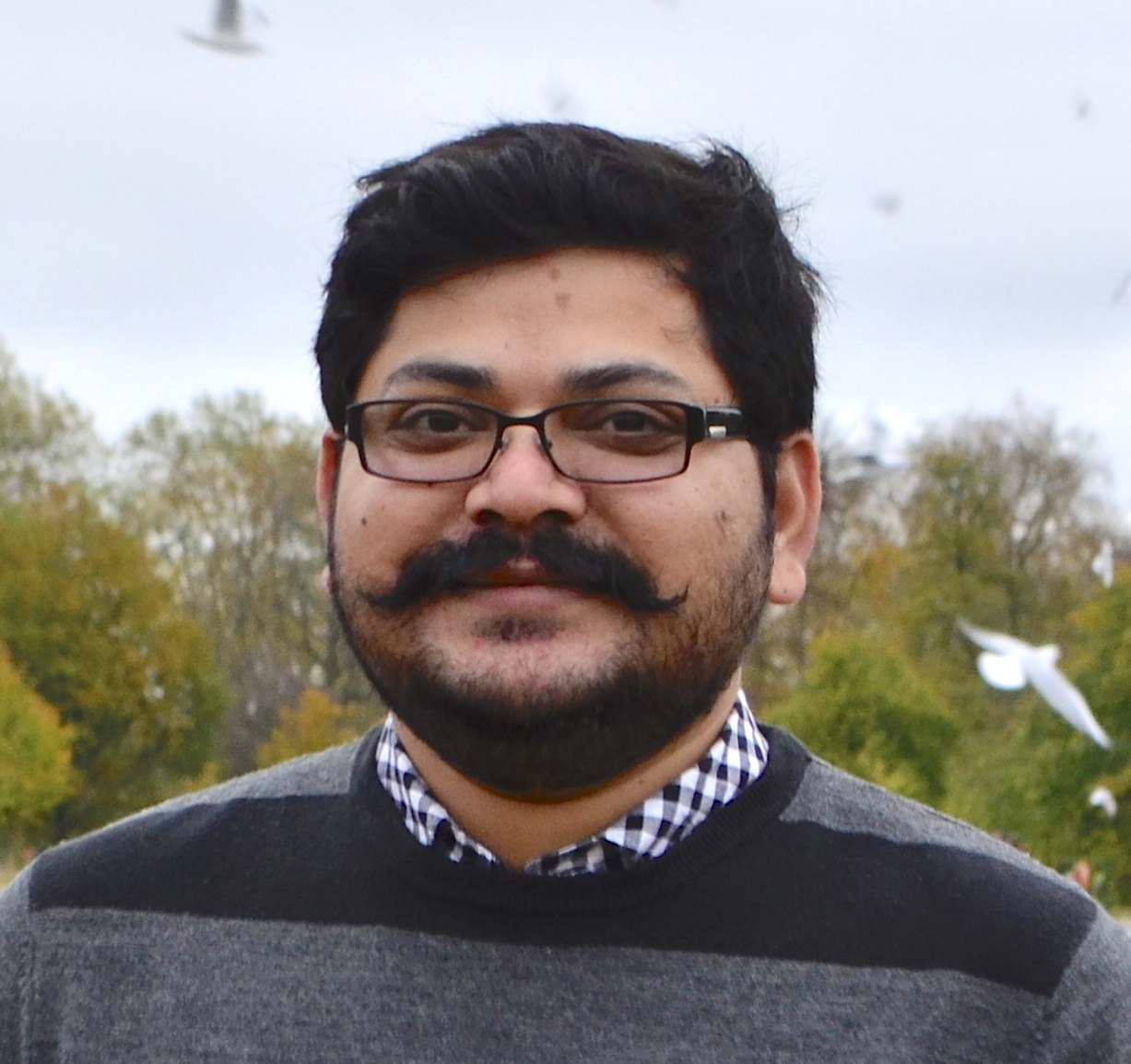Vinayak Singh College of Fellows Young Researcher

Singh is part of H3D TB (tuberculosis) and AMR (anti-microbial resistance) Biology. A Drug Discovery and Development Centre H3D is based at the Faculty of Sciences, which is affiliated with the University of Cape Town’s (UCT) Institute of Infectious Disease and Molecular Medicine (IDM).
Speaking to his work he says, “The research I do is mainly focused on discovering TB drugs. We get compound libraries from various pharma partners and collaborators (both national and international) or synthesize in-house, and perform both target-based and phenotypic screenings. This is followed by a combination of chemical genetic and biochemical experiments to investigate the mechanism of action of potential compounds that are active against Mycobacterium tuberculosis.”
Singh works with a multi-disciplinary team of H3D including chemists, pharmacologists, and biochemists who are part of the TB Drug Accelerator Programme where they have access to various collaborators and assays.
Speaking to receiving the Young Researcher award he says it was a collaborative affair that the committee, the College of Fellows, recognised based on his contribution. “I joined UCT for my postdoc studies with Professor Valerie Mizrahi in 2011 which continued for almost six years until I joined H3D in 2017. Looking at what I’ve done in those years I’ve published a lot and published significantly – in good journals.” He adds that his research doesn’t have a quick turnaround time, and in fact requires a lot of patience. Especially when considering that one experiment can take from one week up to three months. “It’s a team work. Everybody was involved.” Singh says that’s one of the reasons an accolade like this is important, because it helps to motivate the team to continue working hard.
Singh is involved with multiple projects. “I am leading TB Biology.” He distinguishes between this and Chemistry. The former involves screening which can take three-to-five weeks for one compound. Whereas the latter requires a Chemist to synthesize the compounds. “TB grows slowly so if you want to play with it it’s a very slow process,” he adds. It’s this gradual turnaround time that delays the translation of his work but also provides an opportunity to work on multiple projects simultaneously. He is at the early drug discovery phase, but good lab practice is an entirely independent phase that must be established as a next step. It’s only then that you can say: “your work has translated in the right way”.
Not only is TB research slow, it’s also notably complex: “Even though my work spans 14 years, my experience is limited compared to how extensive the field is. There’s a lot to do in the field. Drug discovery can take 20 years for something significant. It’s easy to get frustrated with the time required to make an impression in TB research. You must keep motivated.” He adds, “Collaborators are your biggest asset.”
“I only know TB research and have been working in this field for more than 14 years. I’m useless at doing anything else. This is what I like – it’s where my passion and expertise lie.” He adds, “And with TB being the leader of infectious disease killer list there is no better place to do this important work than here at the IDM and H3D – where we have all sorts of expertise to tackle this.”
